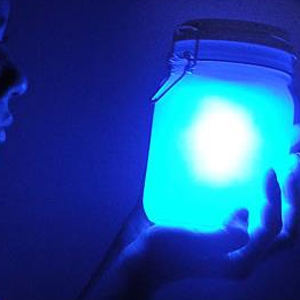With a federal election due to occur later this year, buzz around the vital election topics, promises and vote-winning points is already beginning. There’s no doubt that renewable energy is highly topical for both the government and opposition, due to its close relationship to the reduction of carbon emissions.
The Renewable Energy Targets, which currently sit at an aim of 33,000 gigawatts by 2020, or 23.5 per cent of Australia’s electricity needs according to the Federal Government Website. For those in the renewable energy industries, business has never been more promising as now – with rebates, incentives and government funding boosting the penetration of renewables dramatically.
The Beginning of the Solar Storage Revolution
Recent disruptive developments in the solar industry – namely decreasing solar power prices and battery storage technology – has further escalated public interest in the area of renewable energy, and naturally politics is starting to take note of this public enthusiasm.
The release of the Tesla Powerwall saw an explosion of solar battery storage competitors arrive on the scene in markets around the world, with the Australian solar market proving to be one of the most saturated in the world, when it comes to solar PV installations.
A 2010 survey conducted by Galaxy Research and SilexSolar revealed that 83% of Australian home owners indicated that they would support mandatory solar power systems for all new houses by 2015. Legislation did not change to reflect this public opinion, however support for solar uptake has remained strong.
A Change.org petition was recently released calling for state governments of Australia, the Federal Minister for Environment, Greg Hunt, and all five Premiers of the Australian States to make moves to legislate mandatory installation of solar panels on all new housing in Australia. The support for solar has only increased with the introduction of battery storage systems which will allow for even more sustainable energy consumption for existing and future solar customers.
Darryn Van Hout, from Australian Solar Quotes, said his solar consumer care website have had record numbers of enquiries for solar panels, complete solar power systems and solar batteries since the release of the technology late last year.
“Solar storage is the one thing on consumer’s minds when they ask for solar panel quotes” said Mr Van Hout “people are interested not just because of the environmental benefits, but because solar is a smart move financially”.
Where The Public Goes, Politicians Follow
As Election time approaches relatively quickly, speculation surrounding the major topics of interest is beginning. Whether it was intentional or not, those with a finger in the solar storage pie have timed the technology’s explosion onto the market very wisely.
The buzz that has been created with the coinciding solar industry growth, Paris Climate Summit and growing international push for climate action has only solidified the position of solar as a central part of the Australian economy. So much so, many are touting the trend to be one of the major vote-yielding topics of the imminent 2016 federal election.
Solar Citizens released a poll suggesting that 63% of Australians would likely vote for a party whose policies explicitly supported the increase of solar panels on Australian roofs. The same poll also showed that 59 per cent of respondents would vote for a party demonstrating a solid commitment to large scale renewable energy projects in both the solar and wind arenas.
As a nation with the highest penetration of solar power per capita in the world, a stronger focus on solar energy has been a long time coming for Australian politics. Even still, this covers 1.5 million households around Australia who have solar panels, leaving the remaining 7.5 million homes still consuming fossil fuel produced energy.
Photo courtesy of Porphyria Poppins



